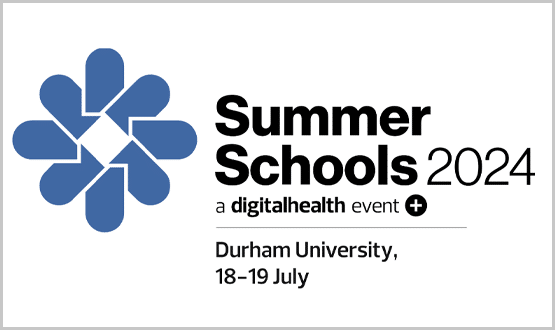Plymouth uses speech recognition
- 11 November 2013

Plymouth Hospital NHS Trust cleared a massive pathology report backlog and freed up significant staff time through the use of speech recognition technology.
It is also believed to be the first trust in the country to use the technology in its pathology dissection room.
Plymouth’s clinical lead for specimen dissection and speech recognition in the dermatopathology department, Dr Dean Harmse, said that in 2011, the trust lab had a backlog of more than 600 unreported cases and turnaround times were way below the national standard of 80% within seven days.
“We had this problem, which is that we had a significant backlog in the laboratory of unreported cases,” he told EHI.
“We were at 30-40% so we were massively under-performing.”
The department decided to have a complete change of process in the laboratory. Key to this was the introduction of speech recognition software, Dragon, from Nuance.
Previously, Dr Harmse would dictate a pathology report and rely on his secretary, within her working hours, to type it up before he could authorise and release it to the treating clinician.
“Sometimes a case could be completely reported, but the information was sitting on top of the secretary’s desk waiting to be typed,” he explained.
With speech recognition he can work at any time of day and encode and authorise a report with voice commands. Dr Harmse said the introduction of Dragon has completely cleared the backlog and when fully staffed, the department now exceeds the national targets.
“It gives the pathologist complete independence to work without the need for secretarial support,” he said. “And the accuracy is fantastic.”
No medical secretaries were made redundant by the trust, but one retired and the funding for her position was able to be redirected to other functions within the lab.
Dr Harmse advised other departments looking to implement voice recognition software to find a reliable integration partner to link it with existing trust software. Plymouth used TalkingPoint to link Dragon with its iLab software from iSoft.
“That’s vital for success,” he said.
Dr Harmse believes Plymouth is also the first trust to introduce speech recognition into its pathology dissection room in May of this year. This means that bio-medical scientists can also use it.
He said everyone was sceptical at first because this is not a traditional environment for speech recognition, but he persevered and Talking Point made a custom-made solution, which has been trialled successfully.
Two biomedical scientists now do their “cut ups” with speech recognition, which means they do not need an assistant to record the details for a report so they can be deployed to other tasks. This frees up seven hours of assistant time a day.
“I would like to roll this out to get more and more staff trained up because the savings are really vast,” Dr Harmse said.




